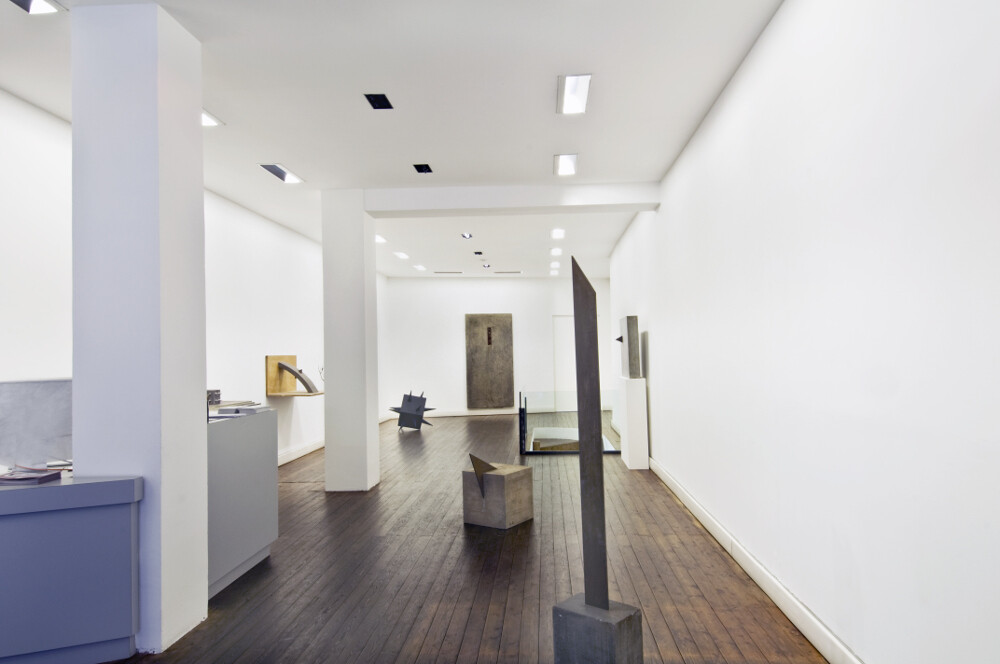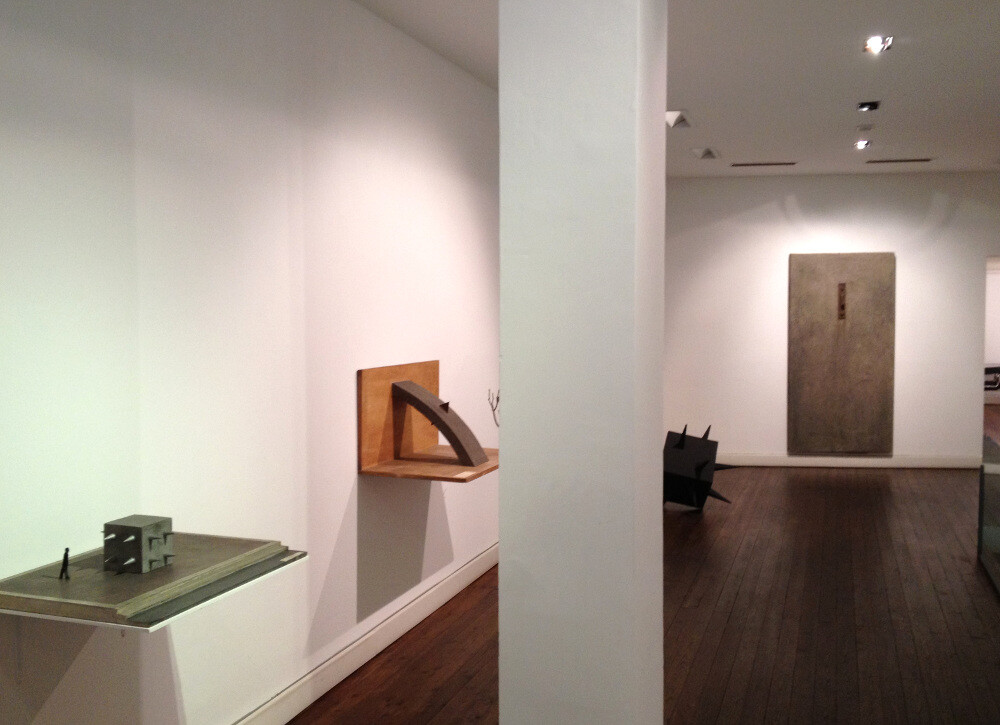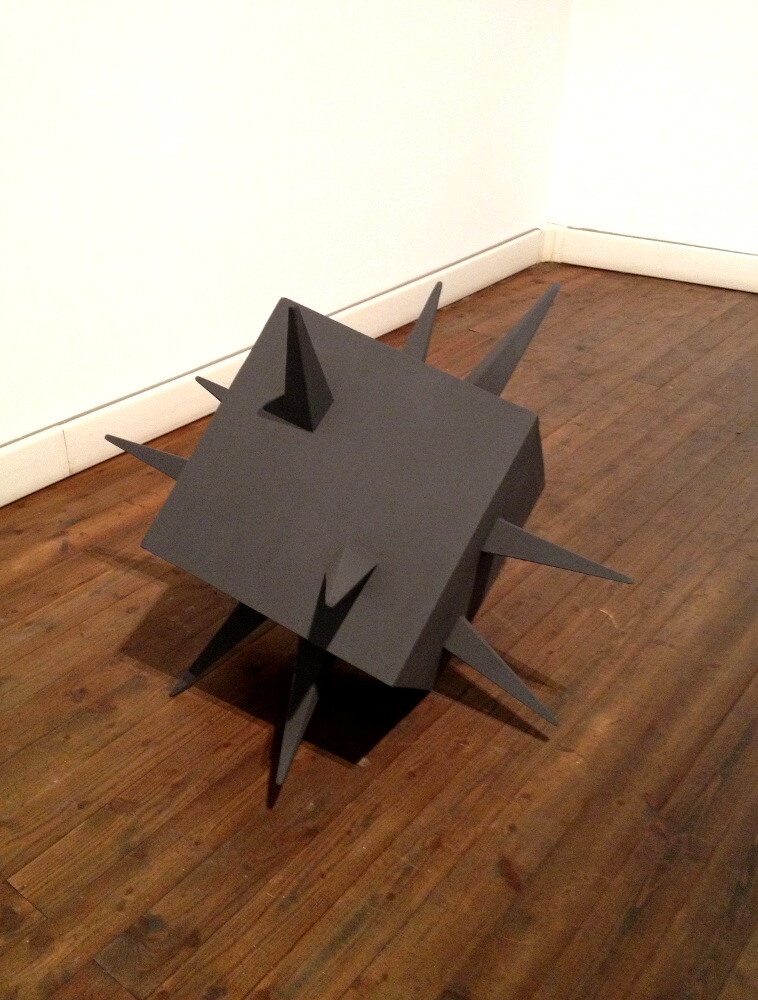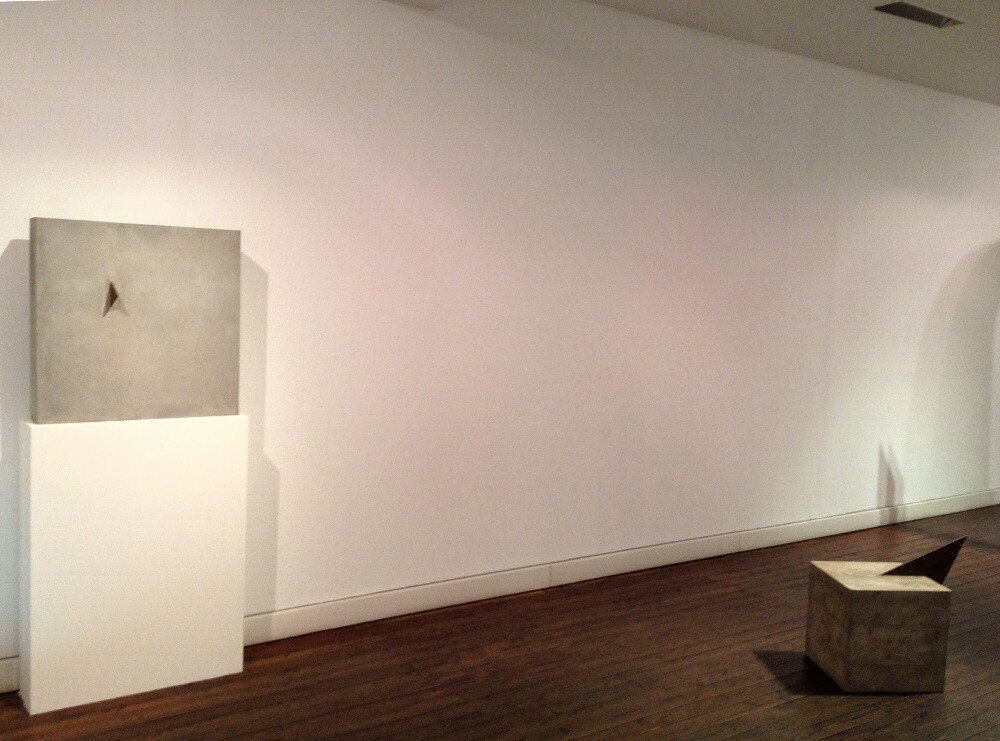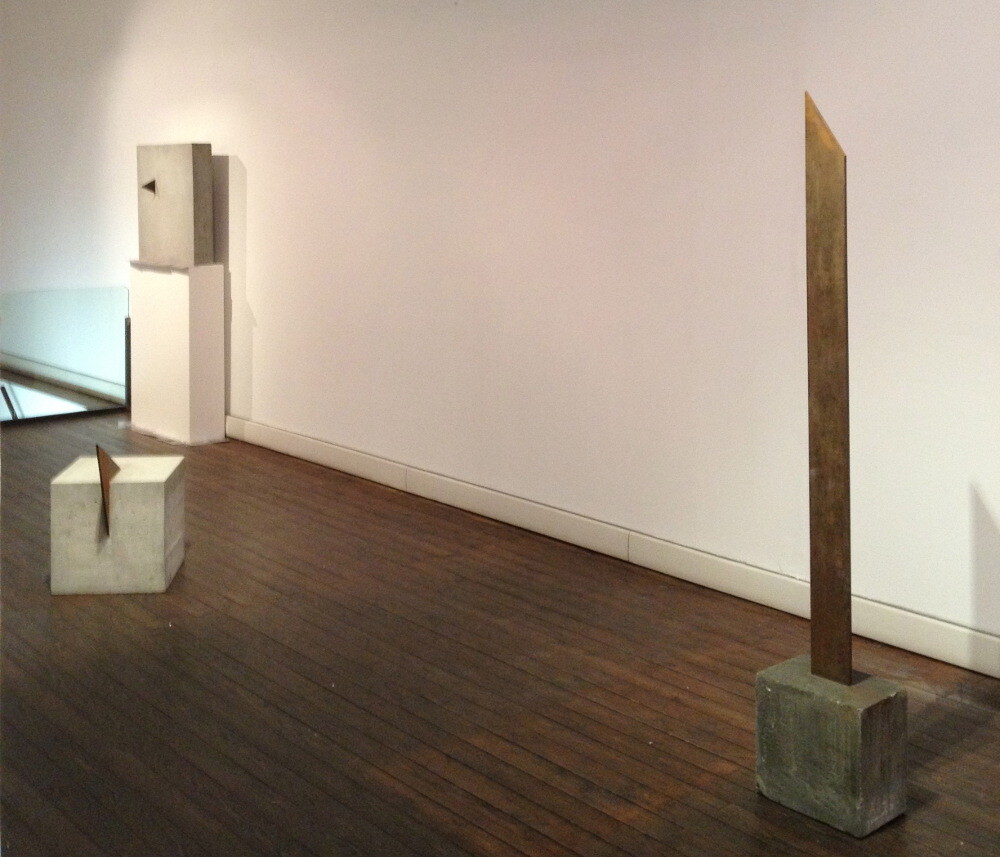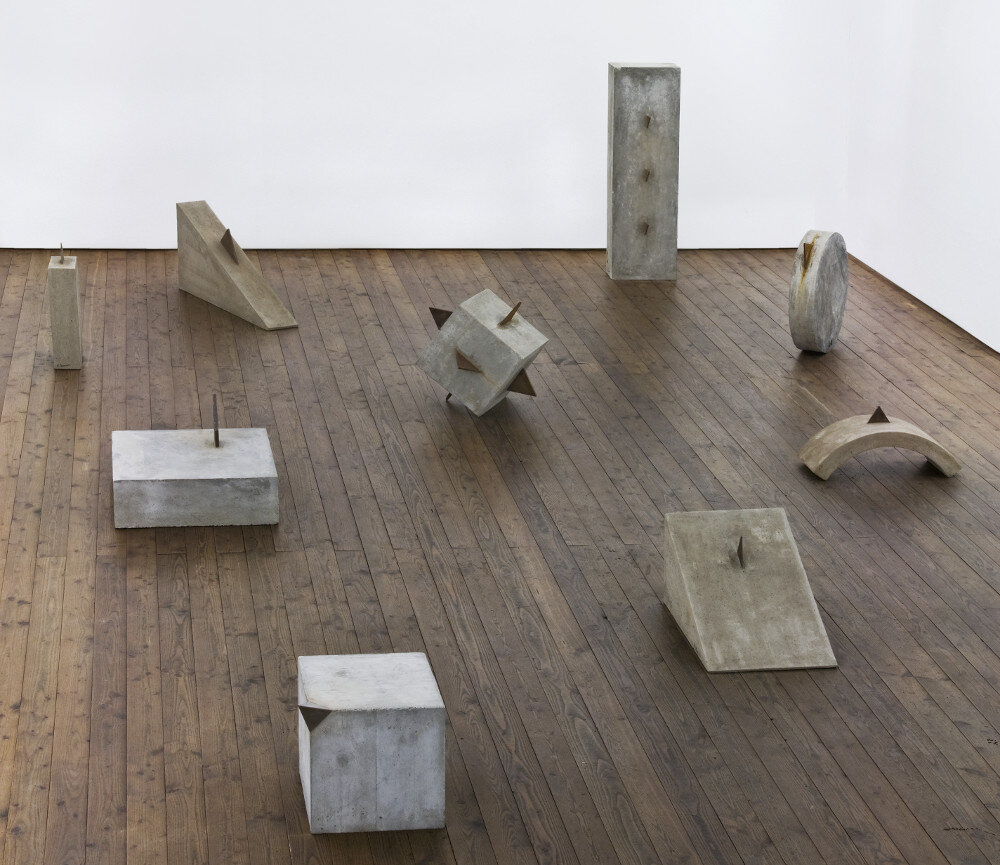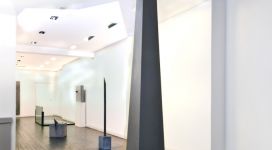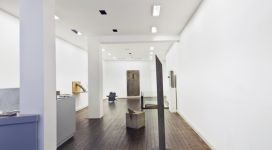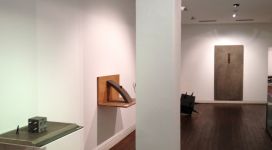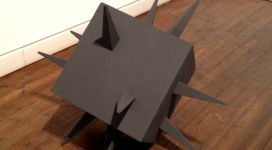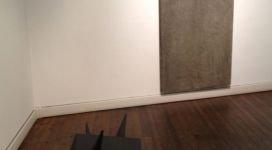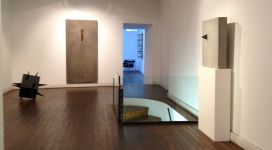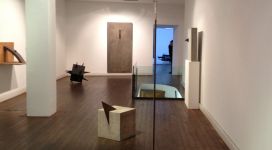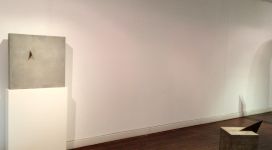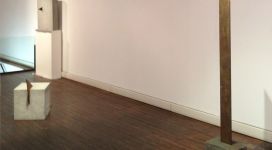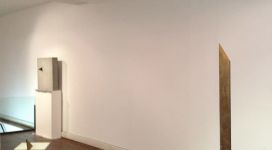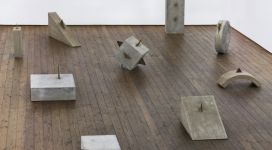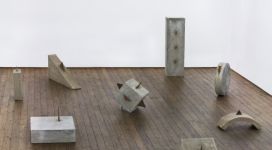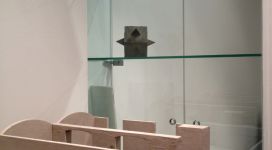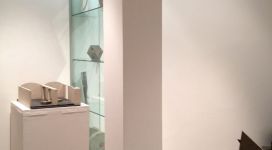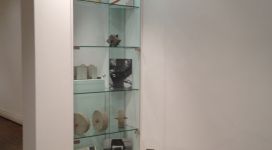| MAURO STACCIOLI | Biography | |
| Anni di cemento 1968-1982 | Catalogs | |
| curated by ANDREA ALIBRANDI and MARCO NICCOLI | ||
| 11 february – 13 april 2012 |
On occasion of the publication of the volume Mauro Staccioli. Gli anni di cemento 1968-1982 (Mauro Staccioli. The Years of Concrete 1968-1982) Galleria Il Ponte in Florence and Galleria Niccoli in Parma are contemporarily presenting a set of 30 of the artists’ works dating from between 1968 and 1982.
As Simona Santini writes in the catalogue, “The choice made in this volume to limit the analysis of Mauro Staccioli’s sculpture to the period from 1968-1969 to 1982 comes about from the consideration that in just over a decade Staccioli’s art evolves to take up and clearly show the themes and motivations that would orient all his subsequent activity. […] Staccioli chooses to preserve the foundation of sculpture. He does not just create concrete, tangible forms, but also shapes that perfectly respond to almost classical criteria of balance and perfection, in years in which art open to the urban context was asserting itself through conceptual performances or actions. Furthermore, he adopts a vocabulary of primary, essential shapes in which he never seeks the geometrical element for its intrinsic formal qualities, but for its capacity to best get across the message and to fit perfectly into the different contexts, in a sort of “astrattismo empatico”, as Lorand Hegyi deftly defined it. […]
A sculpture conceived of as a critical and dialectic operation in an urban setting necessarily had to express the moods of such a conflictual period of history […] The concrete with pointed spikes and angular iron bars made by Staccioli starting in 1968/69 foretells of the clash that would explode in all its force during the 1970s, resulting in the armed fight and terrorism that characterised the “years of lead.” […]
